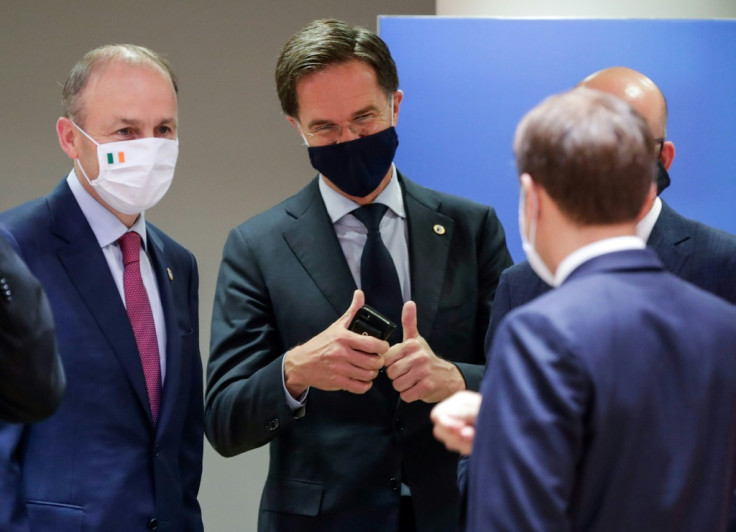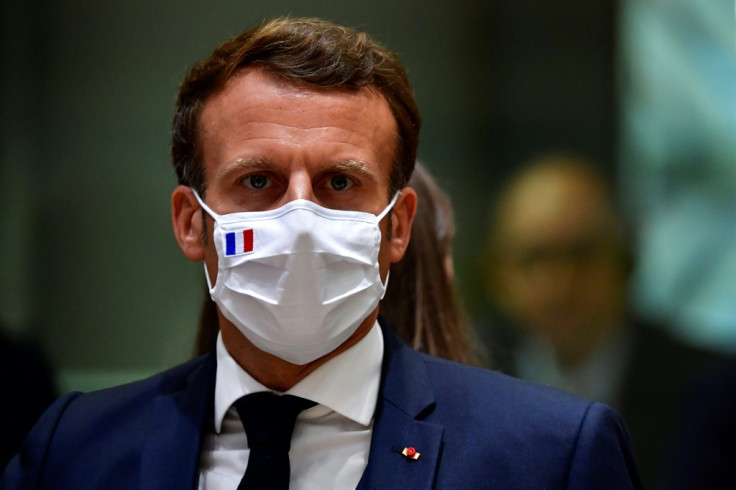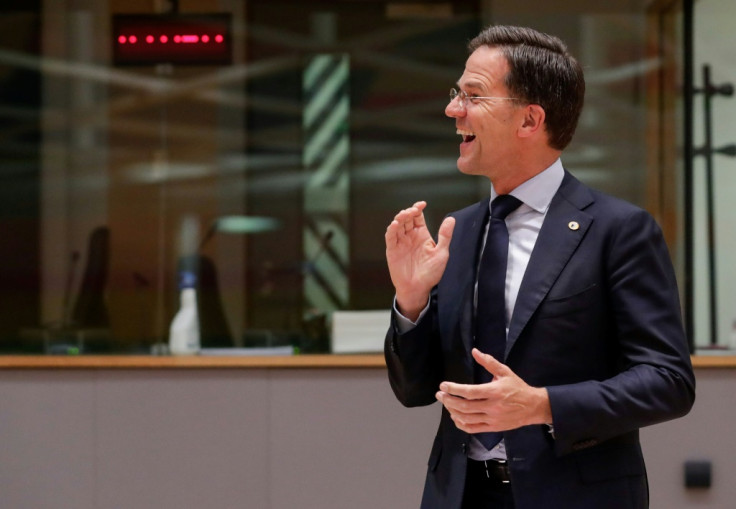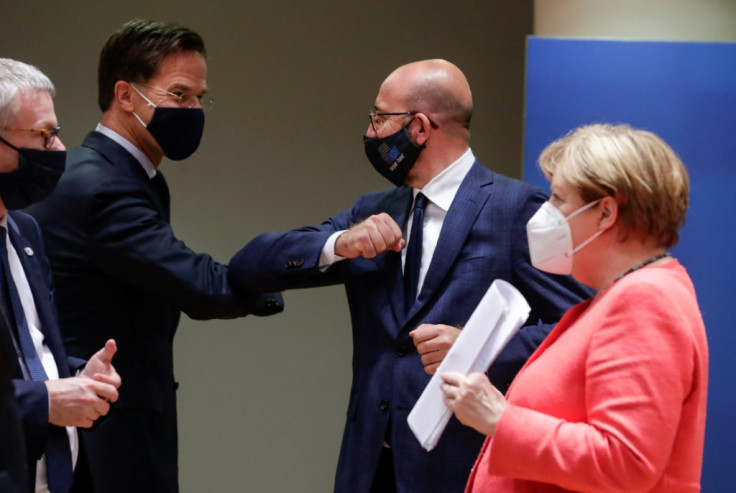EU agrees landmark €750 bn virus 'Marshall Plan'
The deal was sealed after intense negotiations that saw threats of walkouts, vetoes and fierce opposition from the Netherlands and Austria.
EU leaders emerged from a marathon four-day and four-night summit on Tuesday to celebrate what they boasted was a historic rescue plan for economies left shattered by the coronavirus epidemic.
The 750-billion-euro ($858-billion) deal was sealed after intense negotiations that saw threats of walkouts, vetoes and fierce opposition from the Netherlands and Austria.
"These were of course, difficult negotiations in very difficult times for all Europeans," said EU Council chief Charles Michel, whose job was to guide the tortuous talks over more than 90 hours.

Germany and France strongly backed the package, which enables joint borrowing by the 27 members of the bloc to help virus-hit countries, particularly Spain and Italy.
The deal is a special victory for French President Emmanuel Macron, who came to office in 2017 committed to strengthening the European Union but has struggled to deliver.
"This is the most important moment in the life of our Europe since the creation of the euro," in 2002, Macron said, adding that France itself would receive 40 billion euros.
While German Chancellor Angela Merkel said Europe had shown itself equal to "the greatest crisis" in EU history, Spanish Prime Minister Pedro Sanchez hailed "a Marshall Plan for Europe" that would boost his country's economy by 140 billion euros over the next six years.

However, there was criticism from MEPs, who broadly welcomed the deal but questioned the detail.
"The EU is now allowed to borrow funds but there is no certainty on how the debt will be repaid," said a group of six MEPs who took part in the negotiations.

And teenage climate campaigner Greta Thunberg questioned whether the compromises were too great.
"As expected the #EUCO resulted in some nice words, some vague distant incomplete climate targets nearly impossible to track and a complete denial of the climate emergency," she tweeted.
The initial call for solidarity was met with the fierce opposition from the "Frugals", a group of northern nations led by the Netherlands that argued the package was unnecessary.
Dutch Prime Minister Mark Rutte had warned before the talks against the EU becoming a "transfer union" with a permanent north-south movement of wealth.

Afterwards, he defended himself from accusations that he had accepted precisely what he had sought to avoid.
"This is a one off, there is a clear necessity for this given the excessive situation," he told reporters.
The frugals were also apprehensive about sending money to southern countries that they see as too lax with public spending.
To meet their concerns, payouts from the package will come with important strings attached -- a hard pill to swallow for Rome and Madrid who resisted anything resembling the harsh bailouts imposed on Greece, Portugal or Ireland during the debt crisis.
The frugals were also enticed with heavy rebates on their EU contributions.
The recovery package will complement the unprecedented monetary stimulus at the European Central Bank, which has largely succeeded in reassuring the financial markets despite a catastrophic recession in Europe.
ECB chief Christine Lagarde welcomed the accord, saying it "shows that when most needed, the EU steps up and comes together to help the people of Europe".
Overall, the deal will dole out 390 billion euros in the form of grants to pandemic-hit countries.
That was lower than an original 500 billion euro proposal made by France and Germany. Another 360 billion euros will be disbursed in loans.
Spending must be devoted to policies seen as compatible with European priorities, including politically difficult economic reforms as well as the environment.
The European Commission, the EU's executive arm, will be in charge of distributing the funds, with the 27 member states able to turn down a spending plan if a weighted majority of them decide to intervene.
The rescue package was agreed along with the EU's long-term budget, bringing the agreed spending to 1.8 trillion euros through 2027.
Copyright AFP. All rights reserved.
This article is copyrighted by International Business Times, the business news leader





















